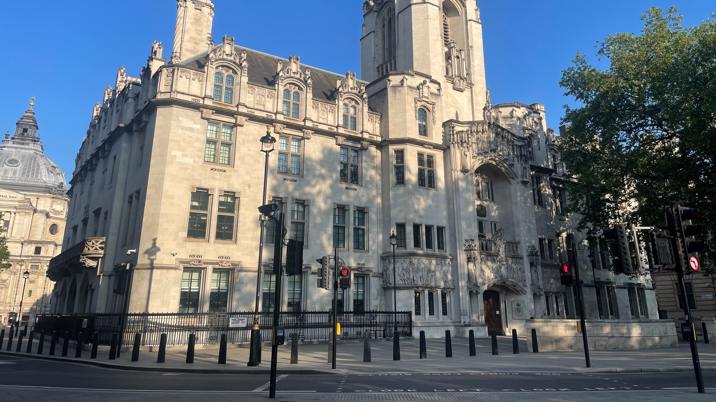
The ruling, delivered by the Supreme Court on Wednesday (16 February 2022), unanimously dismissed an appeal by Bloomberg over its reporting of an investigation by an unnamed UK law enforcement body into allegations of corruption, bribery, and fraud by a company in a foreign country (X Ltd). The claimant, known as ZXC, brought a claim for misuse of private information arising out of an article published by Bloomberg in 2016 relating to the activities of X Ltd in a particular country for which the claimant’s division was responsible.
Commenting on the ruling, Dawn Alford, Executive Director of the Society of Editors said: “Today’s ruling that a person under criminal investigation has a reasonable expectation of privacy will have far-reaching implications for the British media. Not only does the ruling fundamentally go against the principle of open justice, but there is also a real risk that the bar is now so high for privacy cases that legitimate public interest journalism will go unreported. It is well-documented that identifying suspects can lead to other complainants coming forward alongside witnesses for any future prosecution or defence. In addition, it is vitally important that the actions of the police remain open to scrutiny.
“Journalists take seriously their responsibilities under the Contempt of Court Act and Defamation Act. While the Society recognises that anonymity is appropriate in certain circumstances, the default position should always be in favour of openness rather than secrecy.”
A spokesperson for Bloomberg said: “We are disappointed by the court’s decision, which we believe prevents journalists from doing one of the most essential aspects of their job: putting the conduct of companies and individuals under appropriate scrutiny and protecting the public from possible misconduct.”
Keep up-to-date with publishing news: sign up here for InPubWeekly, our free weekly e-newsletter.












